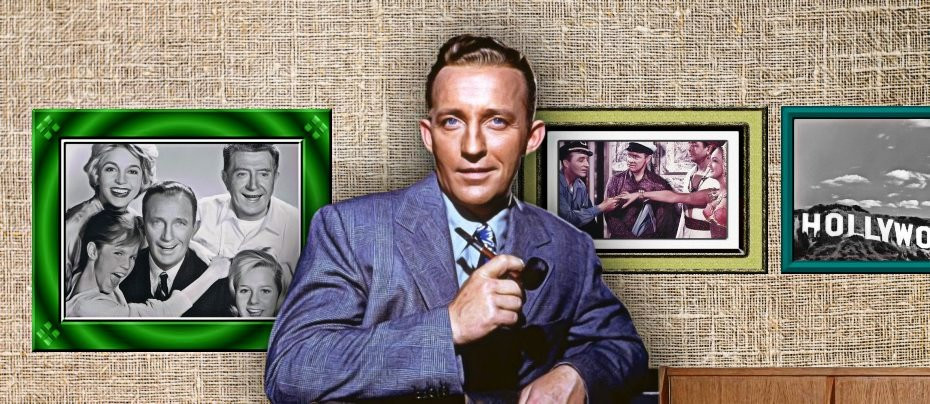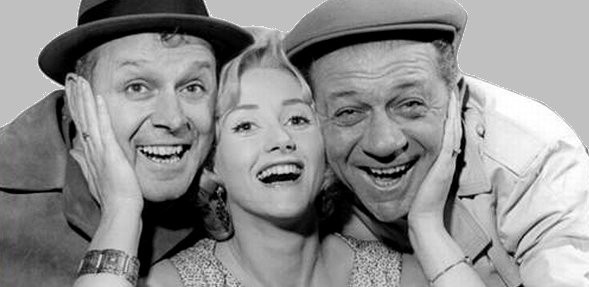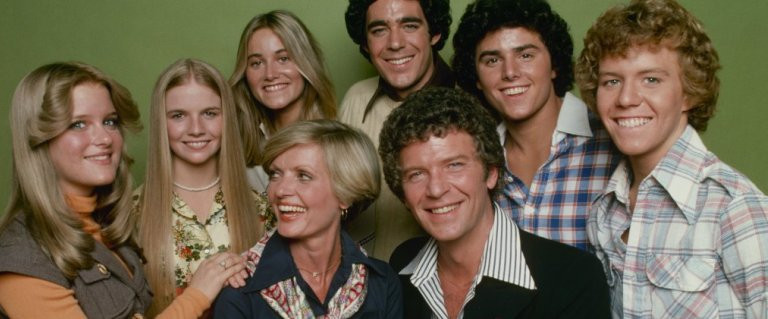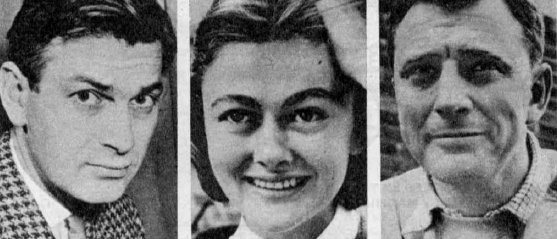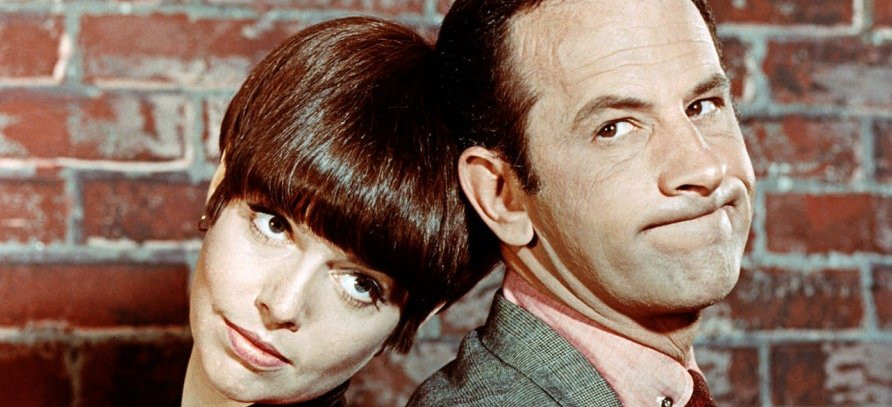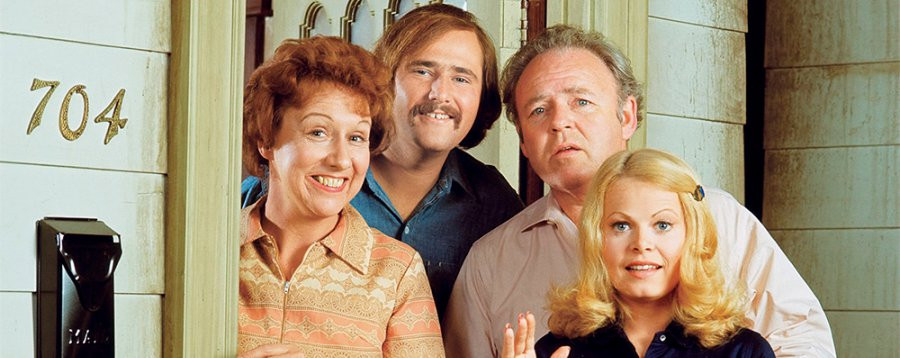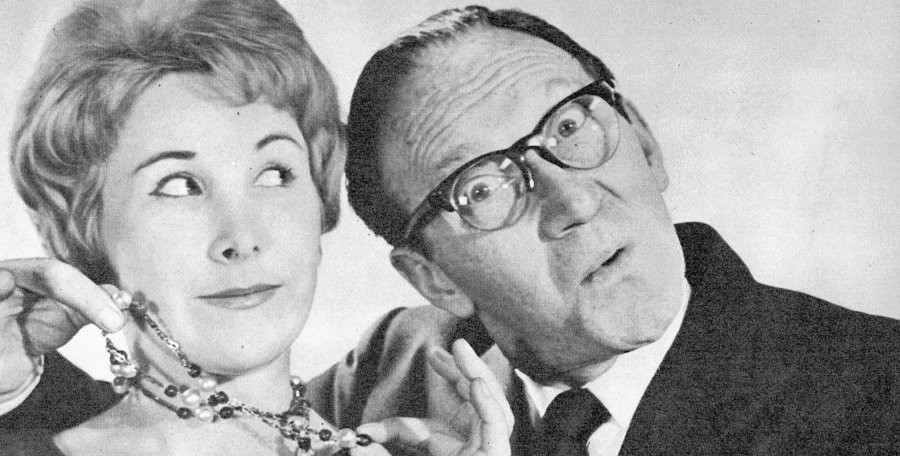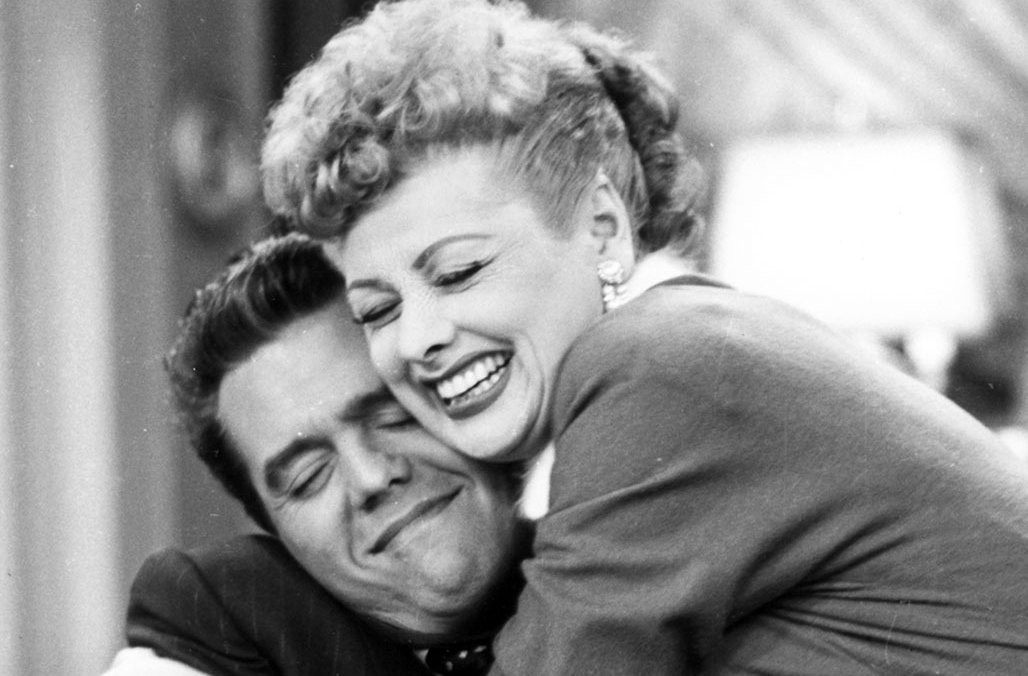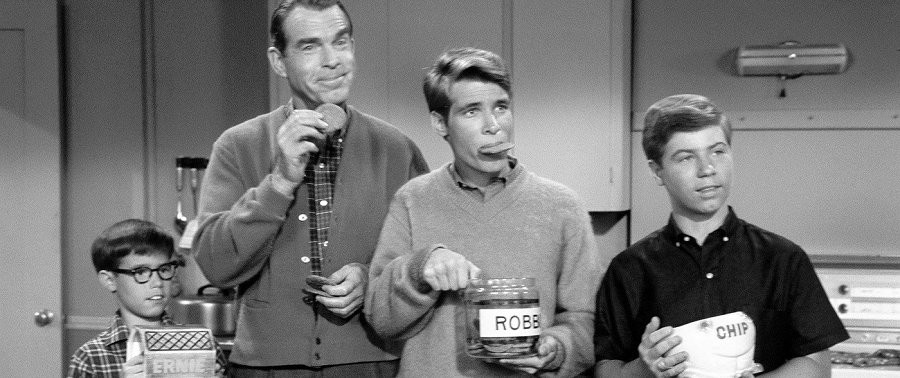
My Three Sons
1960 - United StatesRunning from 1960 to 1972, My Three Sons carved out a unique place for itself in the golden age of American television. A family comedy with a distinct twist, the series focused not on the typical nuclear family unit but rather on a household headed almost entirely by men – a widowed father, his three sons, and their live-in grandfather (and later, great-uncle). Over its impressive 12-year run, it became a staple of American living rooms and an enduring example of wholesome, character-driven storytelling.
At the heart of the show was Fred MacMurray’s portrayal of Steve Douglas, a calm, kind-hearted consulting aviation engineer who somehow managed to juggle the demands of a career, single parenthood, and the affections of a steady stream of eager female admirers. MacMurray, best known for his film work prior to taking on this role, brought a warm, steady presence to the show – never flashy, but always dependable. His sons – Mike (18), Robbie (14), and Chip (7) – each brought their own challenges and charms to the Douglas household, creating a dynamic that felt both grounded and genuine, even when the plots occasionally veered into the more sentimental or improbable.
What truly set My Three Sons apart from other family sitcoms of the time was its male-centred cast. While most television families of the 1960s revolved around motherly figures and their domestic exploits, this series focused on a group of men navigating life, loss, and growing up together. The absence of a mother figure was notable but never dwelled upon, and instead, the show leaned into its unconventional setup with sincerity and humour.
Early episodes featured the boys’ grandfather, Michael Francis “Bub” O’Casey, played by William Frawley (famous for his role as Fred Mertz in I Love Lucy), who served as the crotchety but lovable cook, cleaner, and carer. Frawley’s comic timing brought much of the show’s early charm. However, by 1965, Frawley’s health had deteriorated, and Bub was written out with a trip to Ireland. His role was taken up by Bub’s brother, Charley (played by William Demarest), who fit seamlessly into the domestic setup and maintained the show’s familiar rhythm.
The series also underwent several structural shifts over the years. In 1965, it moved networks from ABC to CBS, which coincided with a move from black-and-white to colour broadcasts. Two years later, the family itself relocated from their long-time Midwest home at 837 Mill Street to sunny California – a reflection, perhaps, of changing times and a broader cultural shift towards a more modern, mobile American lifestyle.
By 1968, the generational torch had been passed in a way that kept the series fresh: one of the sons became a father himself – to triplets, no less – thereby introducing a new trio of boys to the household and, effectively, another generation of My Three Sons. This clever plot development allowed the series to maintain its title and its core premise while evolving its characters and relationships.
While My Three Sons never reached the satirical sharpness of later sitcoms or the critical acclaim of some of its contemporaries, it stood out for its consistency, gentle humour, and heart. It presented a loving, if sometimes chaotic, vision of family life that was both aspirational and comforting to its audience.
In the end, My Three Sons wasn’t about dazzling scripts or high-concept scenarios – it was about character, growth, and the quiet everyday moments that define family. For a show that began as an experiment in reversing the usual domestic dynamic, it grew into one of television’s most beloved long-running family series, and its legacy endures as a charming relic of a simpler television era.
Seen this show? How do you rate it?
Seen this show? How do you rate it?
Published on January 9th, 2019. Written by Skip Wilson Jr. for Television Heaven.


